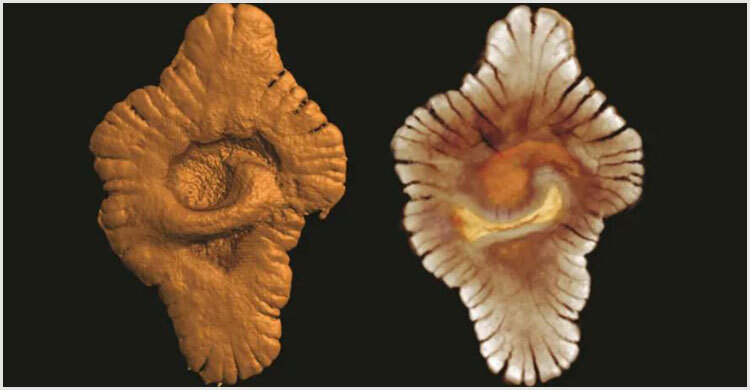A radical rewrite of earth's history?

A groundbreaking discovery in Gabon is challenging our fundamental understanding of life's origins on Earth. Scientists have uncovered compelling evidence suggesting that complex organisms may have thrived a staggering 1.5 billion years earlier than previously thought.
The research team, delving deep into ancient rock formations, found remnants of an environment conducive to animal life dating back to 2.1 billion years ago. These findings drastically predate the commonly accepted timeline for the emergence of complex life, placing it around 635 million years ago. However, the researchers caution that these early life forms were likely confined to an isolated inland sea, eventually succumbing to extinction.
This radical departure from established scientific consensus has naturally sparked intense debate within the scientific community. While the evidence presented is intriguing, many experts remain skeptical, demanding more concrete proof before accepting such a dramatic revision of Earth's history.
Professor Ernest Chi Fru of Cardiff University, who worked with an international team of scientists, has proposed the theory suggesting that early life forms, if his theory is correct, would have been similar to slime mould—brainless single-cell organisms that reproduce with spores.
In an interview with BBC News, Professor Chi Fru stated, "We're saying, look, there's fossils here, there's oxygen, it's stimulated the appearance of the first complex living organisms. We see the same process as in the Cambrian period, 635 million years ago - it helps back that up. It helps us understand ultimately where we have all come from."
However, Professor Graham Shields of University College London, who was not involved in the research, expressed reservations. "I'm not against the idea that there were higher nutrients 2.1 billion years ago, but I'm not convinced that this could lead to diversification to form complex life," he said, suggesting that more evidence is needed.
Professor Chi Fru believes his work supports existing ideas about the processes that create life on Earth.
The discovery adds fuel to the ongoing controversy surrounding the Francevillian formation, a geological feature in Gabon that has been the subject of much speculation regarding its biological origins. By examining the surrounding rock, the researchers identified crucial elements like oxygen and phosphorus, essential for life's sustenance, providing further support for their theory.
Despite the skepticism, the research offers a tantalizing glimpse into a potential chapter of Earth's history that has remained largely unexplored. If validated, these findings could revolutionize our understanding of the evolutionary process and the conditions necessary for complex life to emerge.
As the scientific community continues to scrutinize the new evidence, one thing is certain: this discovery has ignited a passionate and complex discussion about the origins of life on our planet.
Source: BBC

